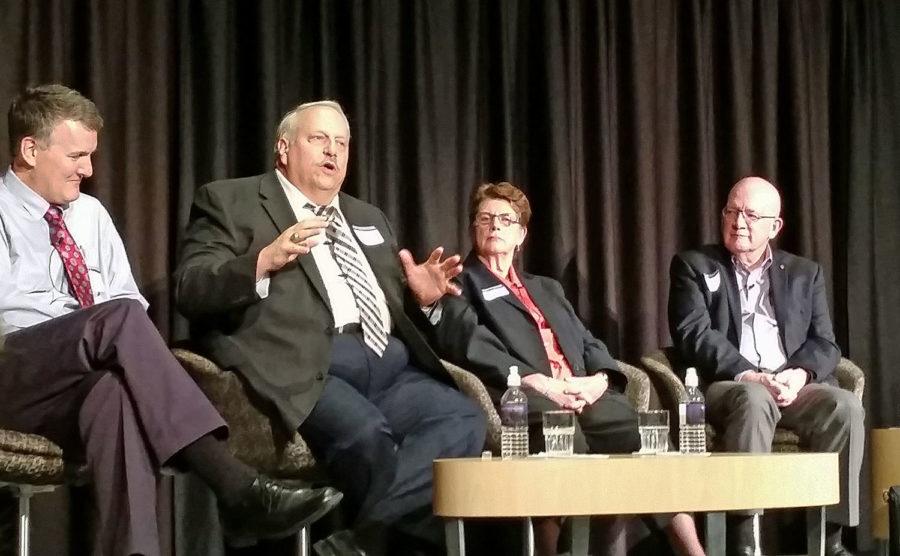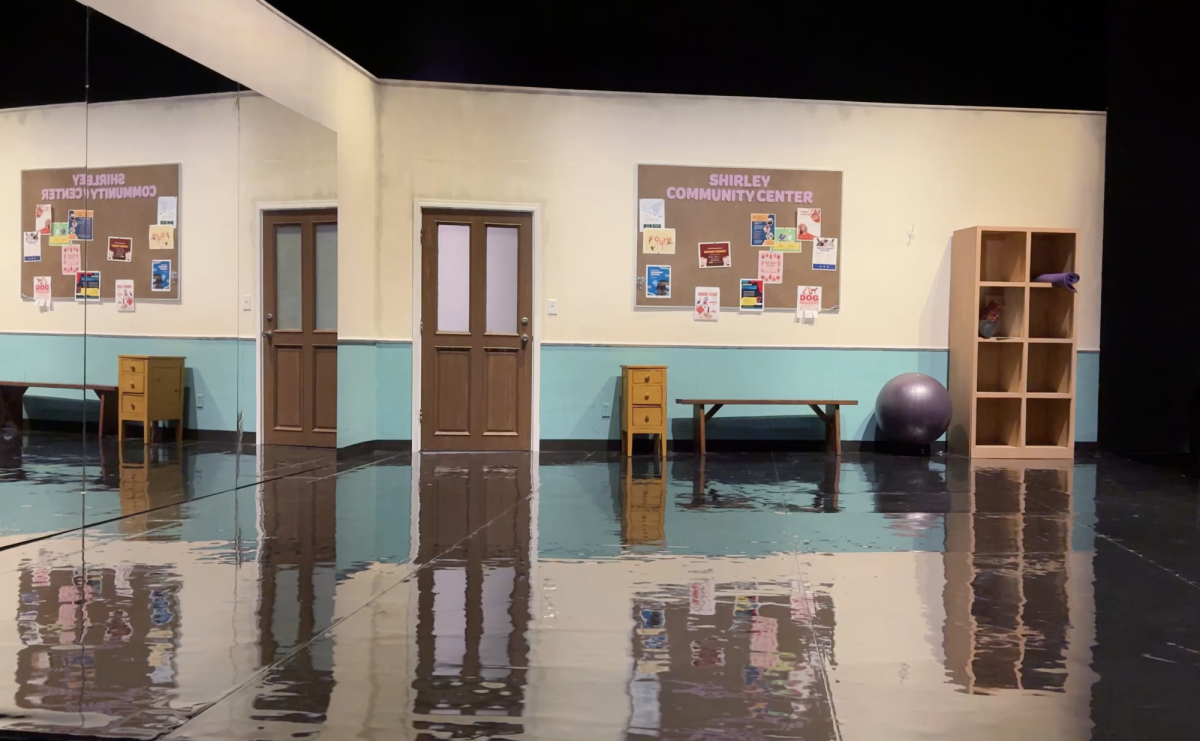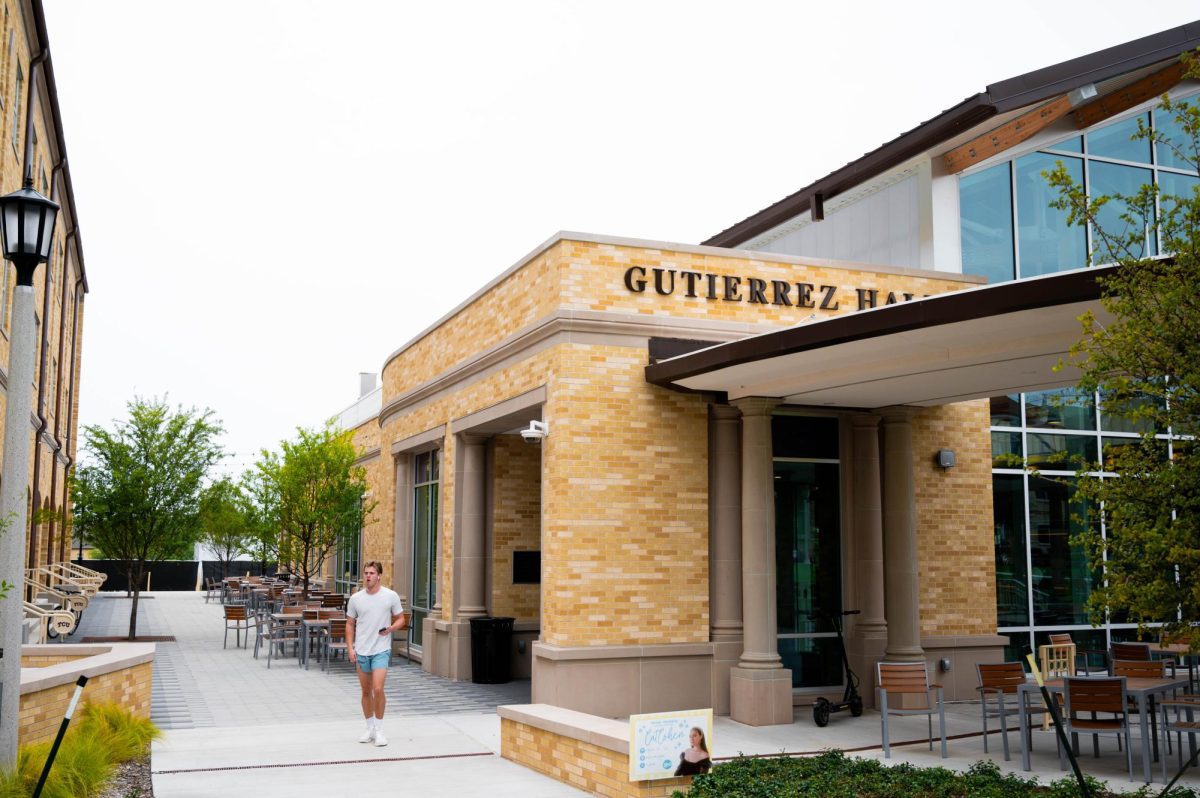Employees set out more chairs as the Brown-Lupton University Union Ballroom filled with spectators coming to listen to five medical professionals talk about the efforts in the global health care community Nov. 17. “We are all global citizens,” said Dr. John Podgore, D.O. “The world is getting smaller. We’re local citizens, and there are major problems out there that need attention.” The panel of professionals included Dr. Ric Bonnell, M.D.; Dr. John Gibson, M.D.; Mary Foley, R.N.; Dr. David Knight, M.D.; and Podgore. Students who submitted questions for the panel had a chance to ask the panel their question in person. Clark Jones, an instructor in the department of biology, moderated the discussion. Students’ questions ranged from what practices the professional took back to America after being abroad to the emotional toll it takes on the professionals to care for dying children. The first question posed to the panel was about how undergraduate students can make an impact in the global health care community. Bonnell said he doesn’t think people can make an impact at the undergraduate level. “The way that you can have an impact is to go learn about the needs there and then make it into a mission you want to do,” Bonnell said. Foley said she recommends to be a curious citizen of the world. She said a person should understand the medical needs before trying to figure out how to solve the problem. “Be a humble tourist and be curious,” Foley said. “Something will fit; something will click at the right time with the right skill set and the right people.” The conversation turned to the emotional stress the professionals had gone through working with third-world children. Gibson said there were three to four deaths on average in the pediatric ward per night in the Ghana hospital where he worked. “I’ll be honest with you, it’s difficult,” Gibson said. “We just don’t see kids die much over here.” Most of the things seen in third-world hospitals, Bonnell said, could easily be treated and prevented if caught earlier. He said the health care standards are different in third-world countries. Despite the different health care standards, Bonnell said “people are people everywhere.” Gibson agreed. “Global health and global experiences unite us,” Gibson said. “They make us optimistic, and they also make us passionate that we can make this world a better place.” This free discussion was hosted by the College of Science and Engineering and the Harris College of Nursing and Health Sciences.
Categories:
Global health care summit held on campus
Published Nov 17, 2015
Panelists discuss questions posed by students. The questions focused their experience while working in the medical field abroad.
More to Discover







